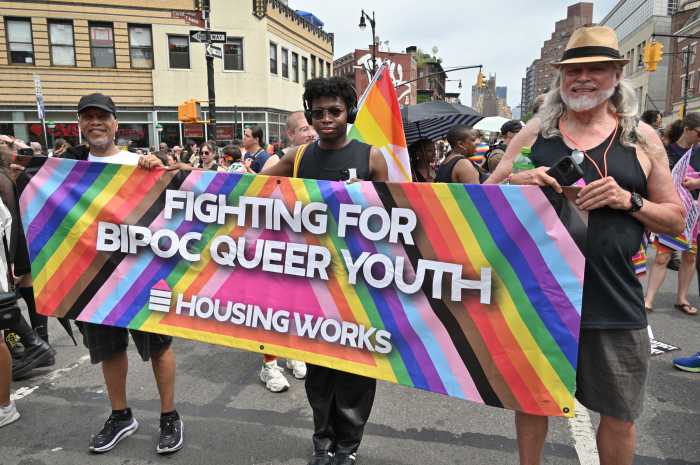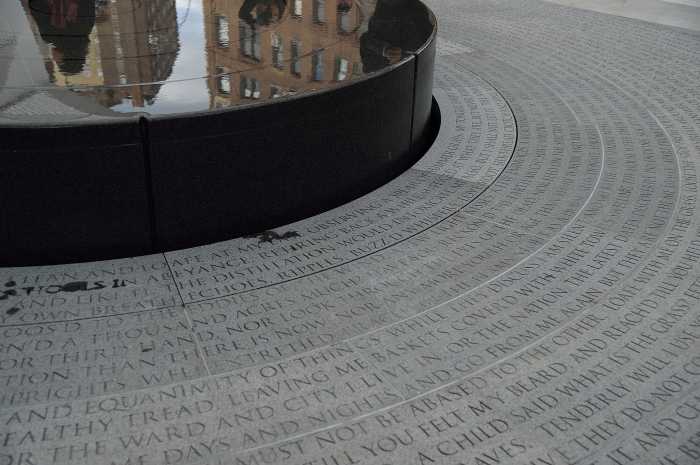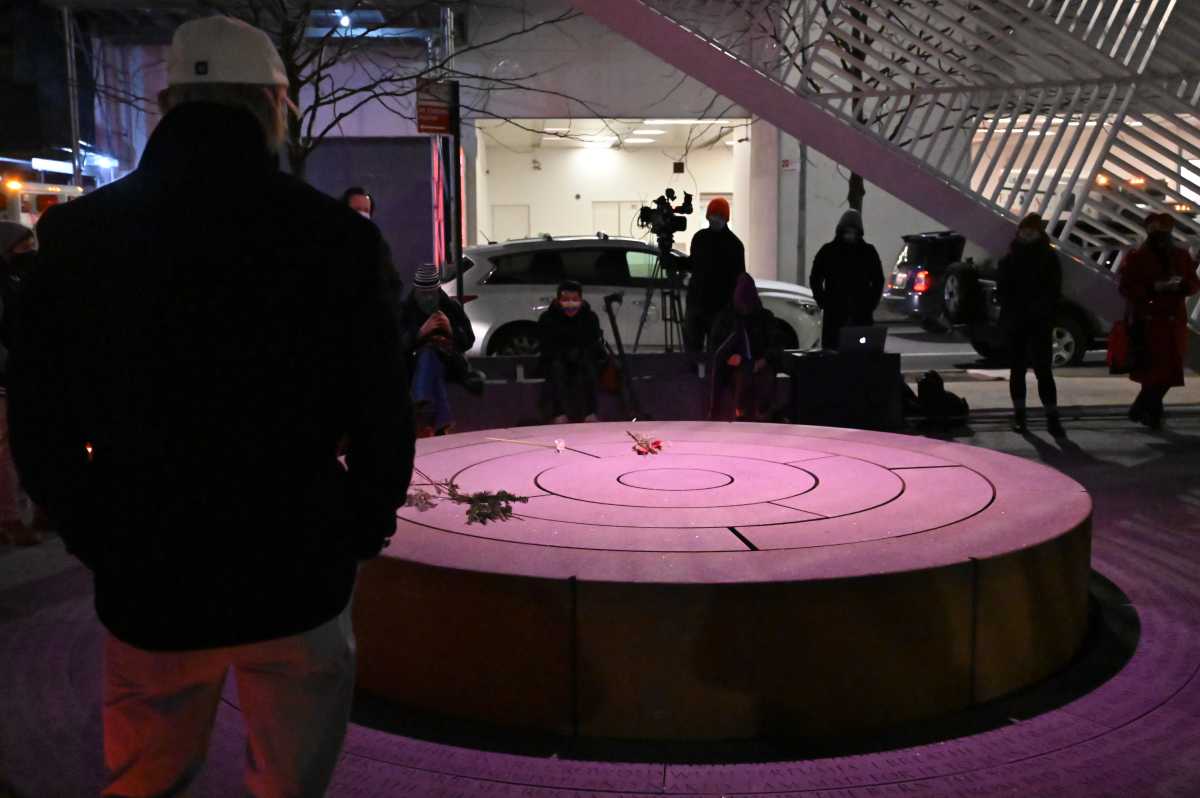Advocates are preparing to commemorate World AIDS Day this year against the backdrop of major threats to federal HIV/AIDS funding and services under President Donald Trump, who has already moved to slash critical programs in the broader fight to end the epidemic.
This year marks the first World AIDS Day of the second Trump administration, which has become known for blitzing federal agencies with funding cuts and launching relentless attacks on LGBTQ rights and other marginalized individuals, including people living with HIV/AIDS.
Ahead of World AIDS Day, Charles King, the CEO of the non-profit Housing Works, which combats HIV/AIDS and homelessness, warned about what he described as the “dangerous reality of cuts to Medicaid and to PEPFAR global AIDS funding.”
Looking at domestic funding specifically, the GOP-led House Appropriations Committee earlier this year released a FY26 funding bill seeking to cut domestic HIV/AIDS treatment and prevention programs by nearly $2 billion, going even further than the Trump administration’s proposal to cut more than $1.5 billion.
“That would be a huge concern if it goes through,” King said. “In particular, unlike New York State, which funds a lot of its own prevention efforts, including PrEP, most states only use federal funding for prevention efforts.”

Other federal hurdles on the horizon that could impact people living with HIV, King noted, include looming Medicaid work requirements that are set to take effect in 2027 as well as increased costs for essential plans under the Affordable Care Act, which could jeopardize healthcare coverage for many people who need it the most.
Given Housing Works’ dual focus on HIV/AIDS and homelessness, King also voiced concern about planned changes to the federal Department of Housing and Urban Development’s McKinney-Vento Homeless Assistance Act, which is a federal law providing assistance to individuals experiencing homelessness. Much of that funding, to this point, has been allocated to cover supportive housing costs, but those resources are set to be reduced, King warned.
Housing Works itself has yet to experience the ripple effects of federal funding cuts under the current administration, King said, but that is poised to change soon. The organization serves around 500 people who receive primary care and are enrolled in the essential plan, King said, but many of those people will not be able to pay for their care. Those costs, he said, would then be passed on to Housing Works, which is a federally qualified health center and therefore must continue to provide services regardless of clients’ ability to pay.
“We would be expected to continue to serve these people without reimbursement, which would make it seriously hard to operate primary care sites around the city,” King said.
The funding fight represents the latest battle in a decades-long effort by activists to generate government support for HIV/AIDS causes. Under then-Mayor Rudy Giuliani, who King described as “disastrous around HIV/AIDS,” activists staged a 24-hour event at City Hall to read the names of countless individuals lost to the epidemic. The Reading of the Names tradition continues today.
“We had to fight [Giuliani] every step of the way around the burdens he tried to put on people living with HIV/AIDS,” King said.

Now, in the face of new challenges in the fight against HIV/AIDS, advocates are warning that significant reductions in funding would ultimately have a domino effect.
“A lot of cuts to preventative services trickle down to health departments and community-based organizations,” Michael Chancley, who serves as the communications and mobilizations manager for PrEP4All, an organization working to boost access to HIV prevention and treatment, told Gay City News.
Reduced funding would also impact services such as at-home testing, which is often how people learn about their status, Chancley said.
One area of focus for PrEP4All, Chancley told Gay City News, is to call on pharmacies like CVS to cover injectable PrEP, which is a newer form of long-acting HIV prevention medication that can serve as an alternative to the oral pill. Citing high costs, CVS and some other providers are not covering a form of Gilead’s injectable PrEP, lenacapavir, which is marketed under the brand name Yeztugo.
Chancley said he has been a PrEP user for about a decade and has been taking Truvada in generic form. He spoke with his provider about a month ago regarding long-acting PrEP, but his insurance plan still does not cover it.
“In order to end the epidemic, prevention and treatment have to work in conjunction with each other,” Chancley said.



































